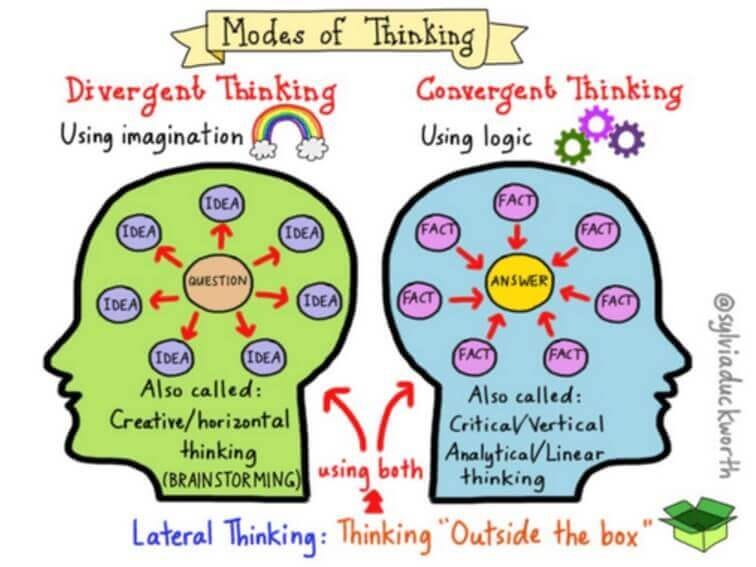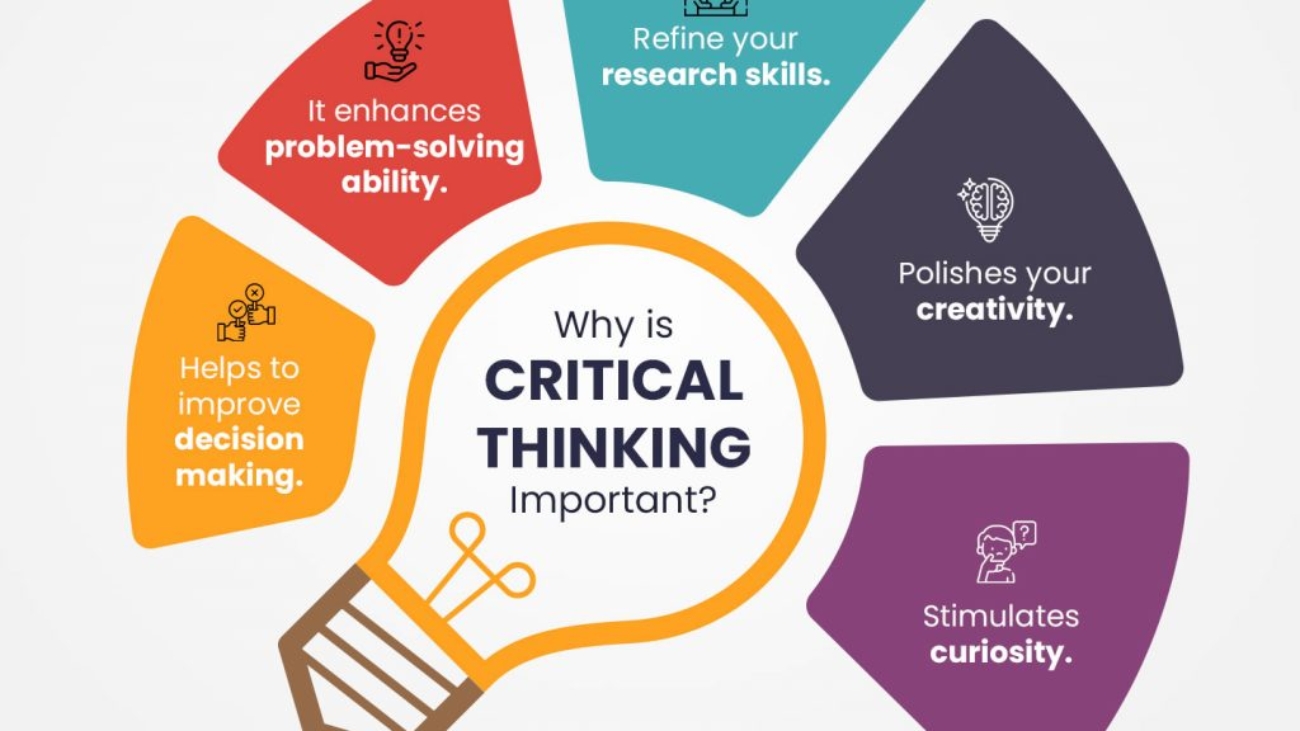In today’s complex and rapidly evolving world, critical thinking has become an essential skill for success. As parents and educators, it’s crucial to focus on teaching children how to think, rather than what to think. In this blog post, we will explore the importance of developing critical thinking skills in children and how it can empower them to navigate challenges and make informed decisions.

Critical thinking is the ability to analyze information objectively, evaluate arguments, and solve problems effectively. It goes beyond rote memorization and encourages children to question, analyze evidence, and consider multiple perspectives. By developing these skills, children become independent thinkers who can make sound judgments and make sense of the world around them.
Teaching kids how to think, rather than what to think, fosters open-mindedness, creativity, and adaptability. It encourages them to explore different ideas, challenge assumptions, and seek evidence to support their conclusions. By instilling critical thinking skills, we empower children to become active participants in their own learning, encouraging intellectual curiosity and a lifelong love for learning.
There are several strategies to promote critical thinking in children. Encourage open-ended questions that spark curiosity and prompt deeper thinking. Engage children in discussions where they can express their opinions and provide evidence to support their viewpoints. Encourage them to consider alternative perspectives and teach them to evaluate information critically, distinguishing facts from opinions or biases.
Incorporating problem-solving activities and puzzles into daily routines can also enhance critical thinking skills. Encourage children to explore different solutions, analyze possible outcomes, and reflect on the effectiveness of their strategies. Allow them to make mistakes and learn from them, as it is through trial and error that they develop resilience and gain insights into problem-solving.

Nurturing critical thinking skills in children is a gift that will benefit them throughout their lives. By teaching them how to think, not what to think, we empower them to question, analyze, and solve problems independently. In fostering their ability to think critically, we equip children with the necessary tools to navigate uncertainties, make informed decisions, and become active, engaged contributors to society. Let’s prioritize the development of critical thinking skills in our children, enabling them to thrive in an ever-changing world.

